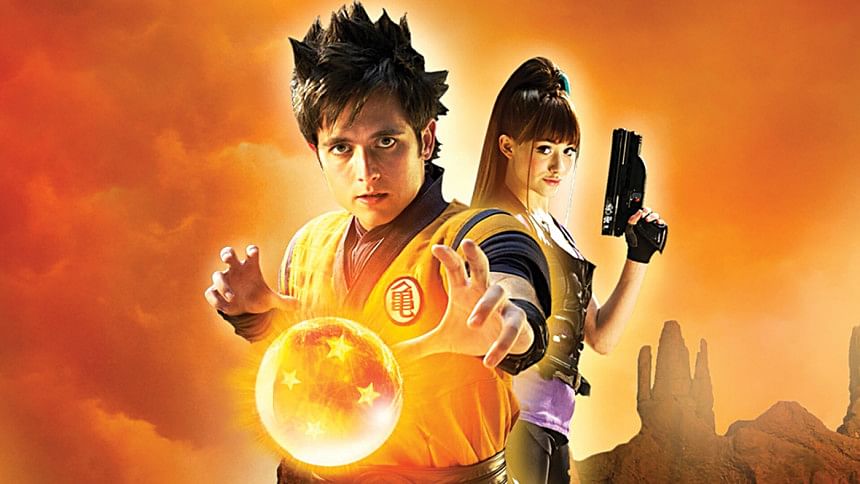Should live-action anime adaptations exist?

Anime live-action adaptation announcements seldom excite fans these days. The cold reception to these projects is not uncalled for though, as the track record of these adaptations is questionable at best. Mediocre interpretations of beloved shows have given live adaptations an abominable reputation over the years, making us question if they should even be made in the first place.
Adapting a show from other forms of media has been a prevalent practice in the filmmaking industry for ages. We have gotten extraordinary content like The Godfather, Dune, Game of Thrones, and much more through novels. However, such success cannot be seen when it comes to anime live adaptations.
Despite the availability of incredible source materials, adaptations of Dragon Ball, Avatar: The Last Airbender, and Death Note (the Netflix one) have hugely flopped. And the list keeps getting bigger, with Netflix's Cowboy Bebop being the newest washout to join the ranks of these failed shows, having its second season cancelled shortly after its release.
However, not all adaptations are bad, as many tend to go under the radar ranging from being okay to wonderful. Bleach, Saiki K, Death Note had decent Japanese adaptations, while Jojo's Bizarre Adventures, Gintama, Ruroni Kenshin, and Alita: Battle Angel were a notch above due to their better production quality and faithfulness to the source material with Alice in Borderland being in a league of its own.
The common theme here is that most of the incompetent adaptations are lamentable due to the lack of respect towards the source materials. Unnecessary changes to the plot and dialogues, barmy casting decisions, poor production quality, use of shabby special effects and horrendous 3D animation rendering are some of the key factors behind the failure of these projects. The lack of passion is clearly seen in these works, which is a hallmark sign for the failure of any project.
Tampering with the source material does not sit well with most fans of the respective franchises, which studios fail to understand even after all this time. Instead of learning from the better examples, they just keep on regurgitating the same format of mediocrity, showing that these big corporations only want to make a quick buck by exploiting the nostalgia of loyal fans. Not only does this tarnish the status of the studio, but it also creates a negative atmosphere around the original show or source material itself.
Anime live adaptations have huge potential, as they can bring in more viewers for a show from a demographic of non-anime watchers. Moreover, they can be a fun way for dedicated fans to re-experience their favourite shows. Nevertheless, it will be an uphill battle for these adaptations to remove the negative stigma around them. Whereas a well-made adaptation can boost an anime's popularity, a poorly made one can tarnish it and have other adverse implications. With both quality and dreadful adaptations being released simultaneously and the latter getting the most attention, it becomes a conundrum to choose whether more live adaptations should be made to promote the anime or be axed for damage control.

 For all latest news, follow The Daily Star's Google News channel.
For all latest news, follow The Daily Star's Google News channel. 



Comments